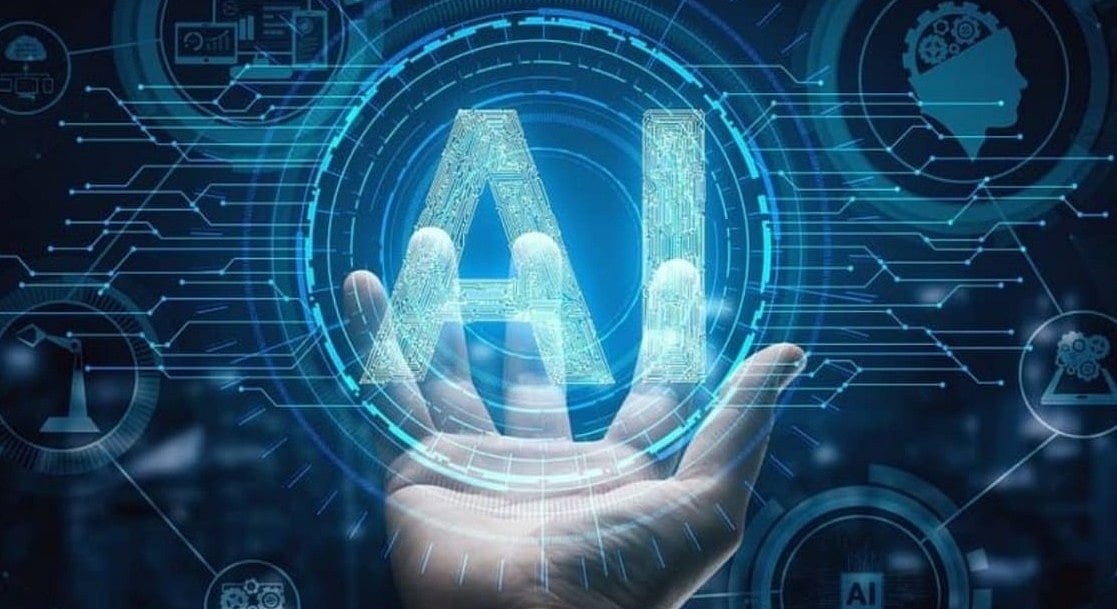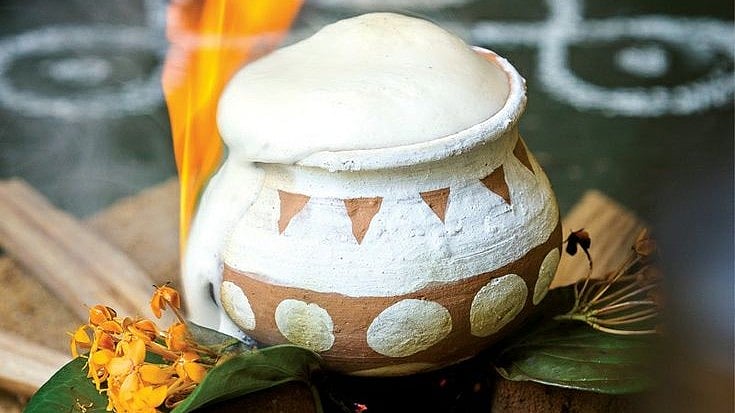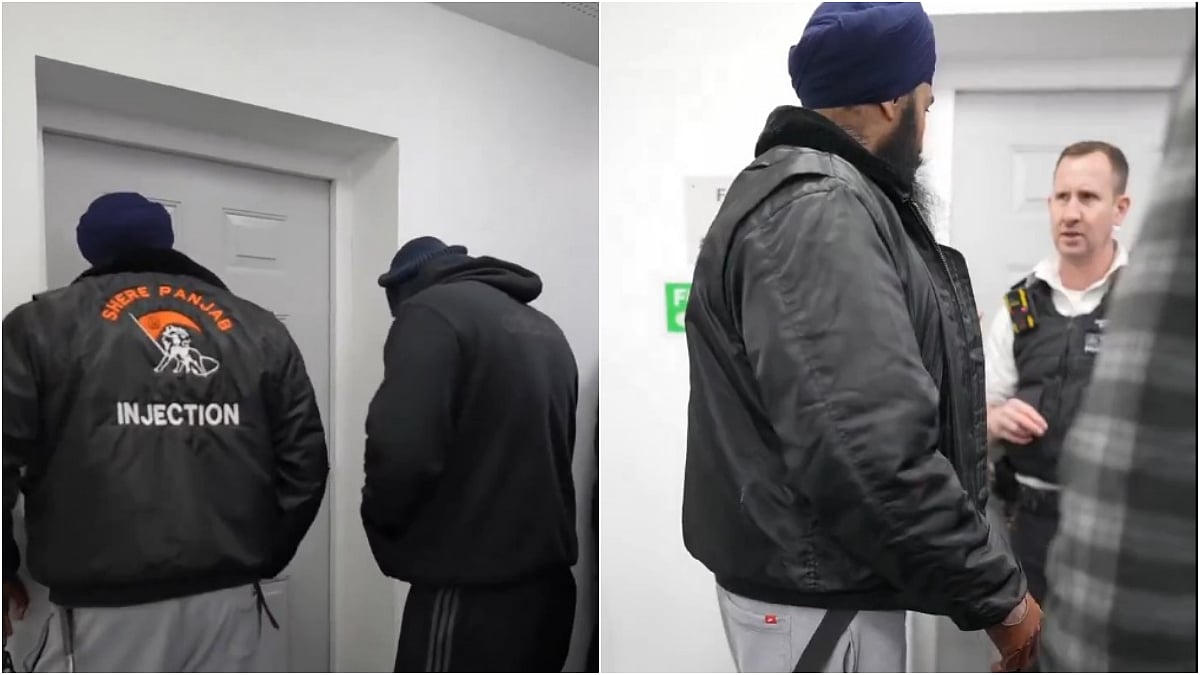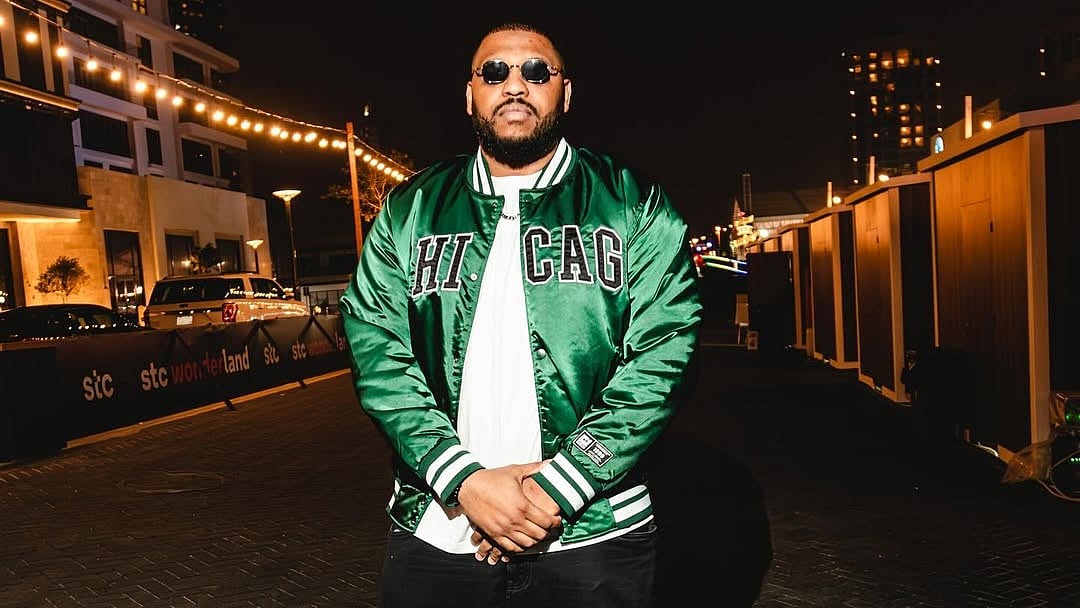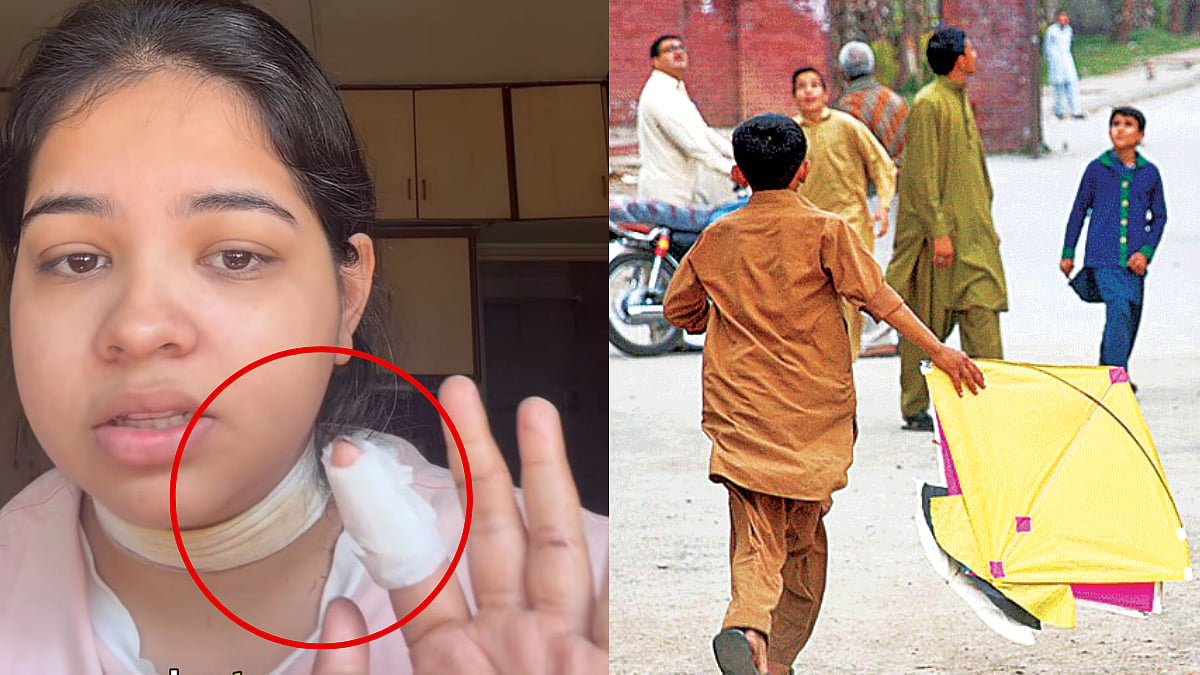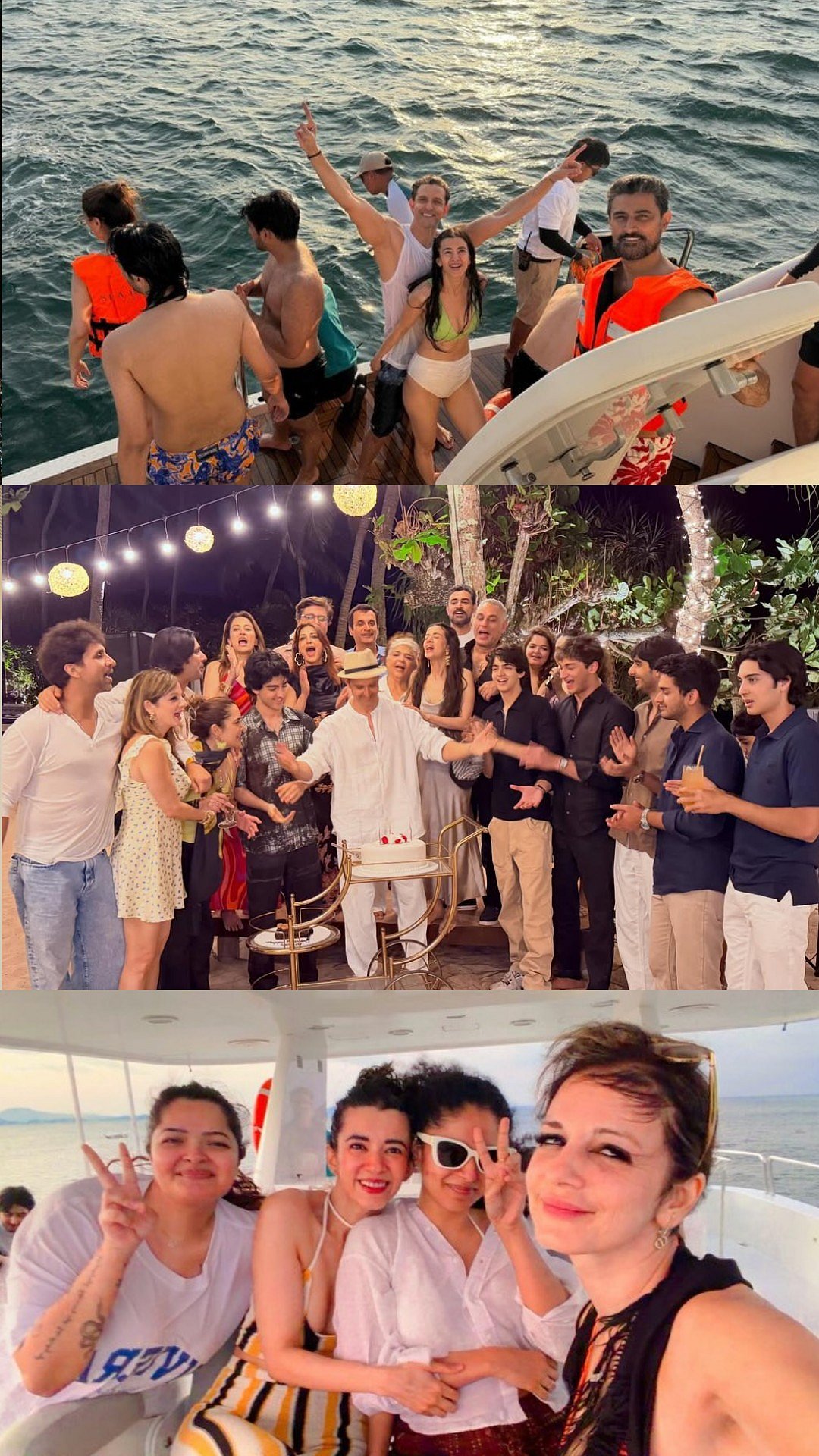Nikhita Gandhi shot to fame with A R Rahman’s Ladio and since then the Bengali-Punjabi musician has recorded a number of hits like Jugnu, Naach Meri Raani, Kya Baat Hai, among several others. Nikhita’s latest release, Tere Pyaar Mein, from Ranbir Kapoor and Shraddha Kapoor-starrerTu Jhoothi Main Makkaarwon hearts of the audiences. Interestingly, Nikhita never thought of becoming a Bollywood singer, she says the destiny had different plans for her.
The multilingual singer is now on a multi-city tour for Royal Stag Boombox with Amit Trivedi, Badshah, SlowCheeta, and DJ Suketu to perform a fusion music of Bollywood and hip hop. In an interaction with The Free Press Journal, Nikhita speaks about her recent performance in Pune, her Indian and international collabs, journey, and more.
Excerpts from the interview:
Your ongoing tour is a fusion of hip-hop and Bollywood. Do you see fusion becoming part of the mainstream in music?
It’s always been there in its own way and capacity. In movies also, we’ve seen a lot of hip-hop and rap. It’s becoming more popular and I feel the merge has already happened. There’s already enough of both meeting each other. And I’ve worked with Badshah before. He lives in both worlds and so do I. I’ve rapped in films as well in Punjabi, Gujarati and Hindi. I think as an artiste, I’ve explored both sides. It’s something that I think, very naturally, is going to exist in the music consumption of India.
You have been singing Bollywood and independent songs, how do you think the music scene has evolved over the years?
When I was a kid, I never thought that I would be singing in Bollywood, because I thought the diaspora was different. There were a few female singers, and they were from different voice categories to which I belong. I never had hope or dream of becoming a Bollywood singer. I never thought it was my space because I’m a different textured kind of person. So, I kept away from it and it’s weird how the industry has evolved and grown and has adapted to so many global trends. Here, I am singing in a film that I never thought I would be doing but I’m so excited about it. When I think about it, the journey has been reversed. A lot of people start with an independent career, and when they hit mainstream standards, they steer away from it. I have sort of started with full-on Bollywood and then explored my musical platform where I’m going to be able to show the same.

Do you think the digital medium has offered more opportunities to singers?
I think it has eliminated the middleman or distributor and we’re all consuming so much content and music. Being a big part of it daily, you listen to so many artistes singing halfway across the globe. And there’s so much connection, that’s happening so easily because of social media because of digital platforms.
You have been popular among all age groups on YouTube with your music, how do you see your journey so far with a huge fan base?
It’s really exciting. I love what I do. I try to make things exciting for my audience as well because I think that’s my responsibility as an artiste to keep adapting and trying out new things. I’m honestly so grateful to have all this love and it’s something that I didn’t prepare for. I usually get embarrassed. But I love it. And I love what I do.
What are your takeaways from other musicians you have worked with?
I think about the collaborations that I’m doing overseas because as a person, I listen to a lot of English and global music. And that sound comes naturally to me. One of my biggest collaborations was with Pink Sweats, which was a very big R&B singer and songwriter. I slipped easily into that role because it appealed to me. It sort of brought the best of what I can offer to the table, but like playback is something that I have been doing and also singing in English and Hinglish. I really want to do more of it. I learned one distinct thing that it’s taught me is that there are no boundaries. Like how we spoke of digital platforms eliminating boundaries and barriers for people. I think it shows the kind of collaborations we are able to do.
For the ongoing tour, you have collaborated with four other artistes, and when working in a team creative differences may creep in, how do you resolve them?
I don’t like conflicts and I need to immediately resolve them and sort them out, especially when you are an artiste, you’re dealing with creative differences. They can be strong because everybody has their own perspective. But it’s also as much as I hate conflict, I think it’s important to address what you’re feeling and say it out loud. But thankfully, I have worked with people who have barely ever had differences. I think that’s a very vibe thing you just end up associating with people who naturally like what you do and what you bring to the table.


